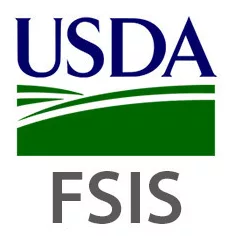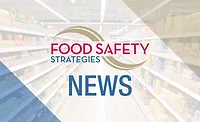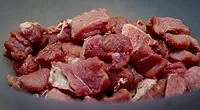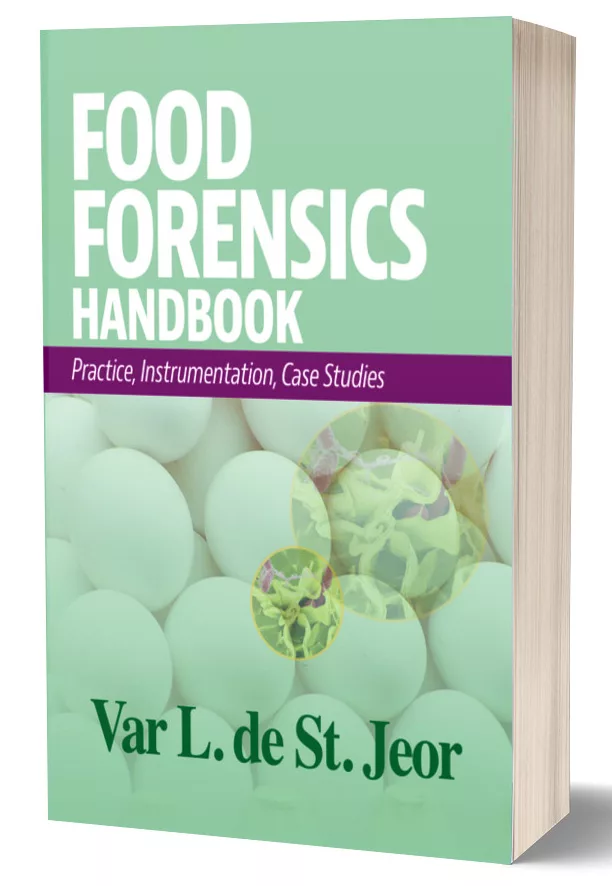Q&A with USDA FSIS: Modernizing Egg Products Inspection Methods

After the U.S. Department of Agriculture’s Food Safety and Inspection Service (USDA FSIS) announced plans to modernize egg inspection methods for the first time since Congress passed the Egg Products Inspection Act in 1970, Food Safety Magazine reached out to the agency for more information. Below are the questions we posed, answered by an FSIS spokesperson. For background information, see USDA's original announcement.
What exactly are the modernized regulations? That is, what is changing from the 1970 rule [besides requirements for Sanitation Standard Operating Procedures (SSOPs) and Hazard Analysis Critical Control Points (HACCP)]?
Under the new rule, egg products plants are required to develop and implement HACCP and SSOPs, which aligns the egg products regulations to be consistent with the current requirements in the meat and poultry products inspection regulations. FSIS will continue to test for Salmonella and Listeria monocytogenes in egg products. FSIS already requires that plants produce egg products that meet food safety standards and are edible without additional preparation and nothing in the final rule changes those requirements.
FSIS has also realigned the regulations governing the importation and inspection of foreign egg products more closely with the regulations governing the importation of foreign meat and poultry products. FSIS will notify foreign countries of the regulatory changes. Countries that have ongoing equivalence and most countries that have requested initial equivalence for egg products already have HACCP implemented for egg products for their domestic products.
As mentioned above, FSIS will be assuming regulatory authority over egg substitutes and freeze-dried egg products, which pose the same risk as egg products and will be inspected in the same manner.
Were comments solicited by stakeholders (like United Egg Producers)?
The proposed rule, Egg Products Inspection Regulations, was published in the Federal Register on Feb. 13, 2018. FSIS accepted comments from all stakeholders for 120 days and received 87 comments. The responses to the comments received are in the final rule. A pre-publication version of the final rule is available on the FSIS website at FSIS.USDA.gov. Stakeholder input is considered when finalizing rules.
Are shell eggs and liquid eggs included in the rule? There is mention of egg products and powdered egg products and egg substitutes.
FSIS already regulates liquid egg products. FSIS will be assuming regulatory authority of egg substitutes and freeze-dried egg products 3 years from publication, which pose the same risk as egg products and will be inspected in the same manner.
What was the impetus for the move to change the regulation?
We have been working on modernization since the 1994 Jack-in-the-Box E. coli outbreak, our modernization efforts have included HACCP implementation in poultry and swine inspection. The FSIS’ Strategic Plan Goal 2.1.1 to modernize scientific techniques and inspection procedures illustrates our commitment modernizing our inspection process, including egg processing. Under the HACCP system, plants will be able to tailor a food safety system that best fits their particular facility and equipment. Furthermore, by removing prescriptive regulations, egg products plants will have the flexibility and the incentive to innovate new means to achieve enhanced food safety.
Looking for quick answers on food safety topics?
Try Ask FSM, our new smart AI search tool.
Ask FSM →








